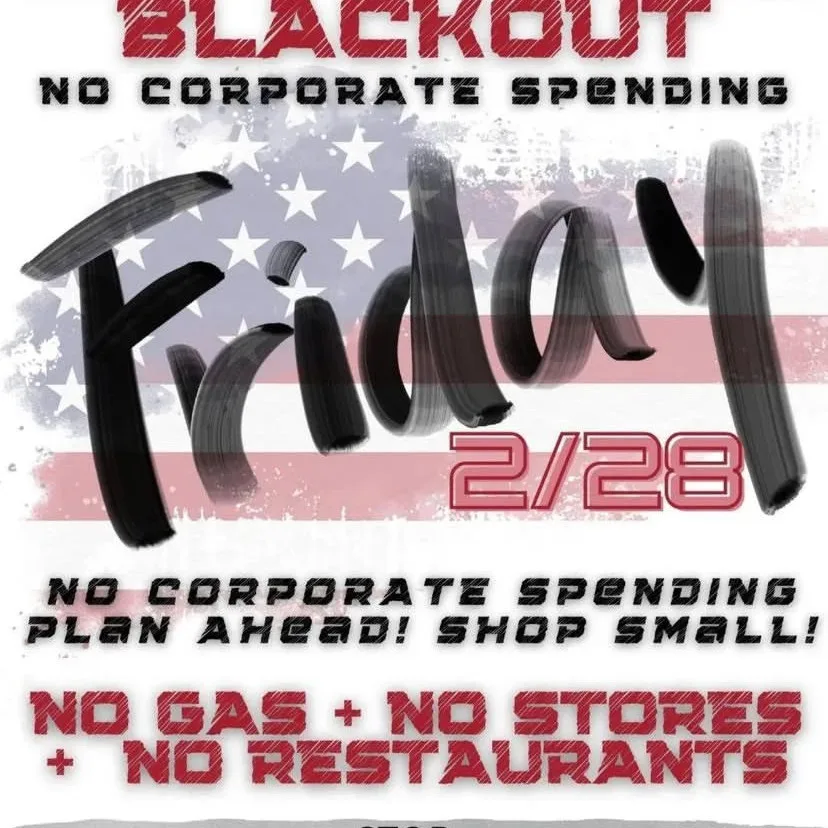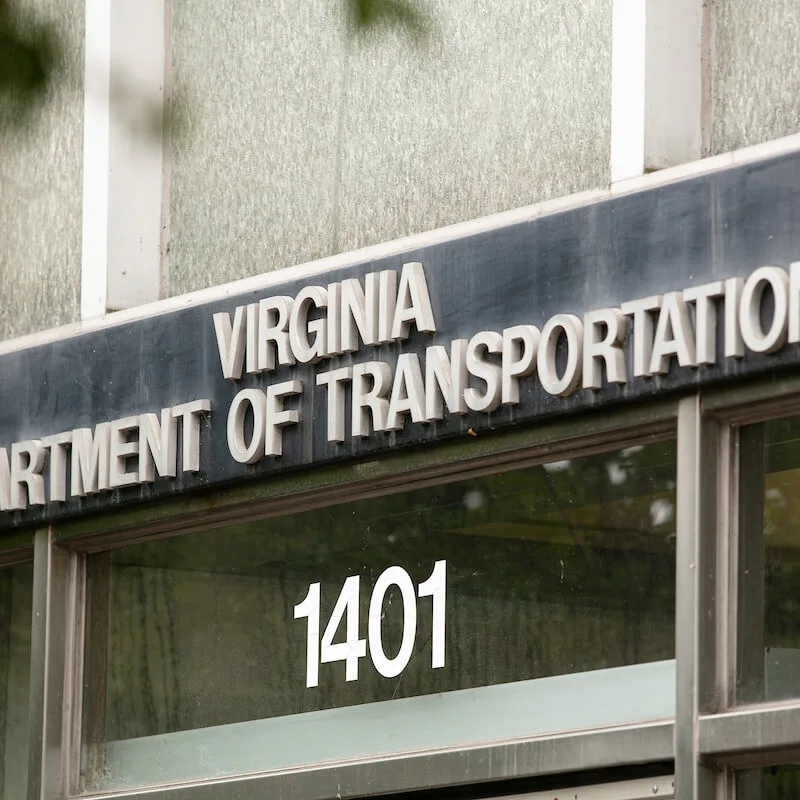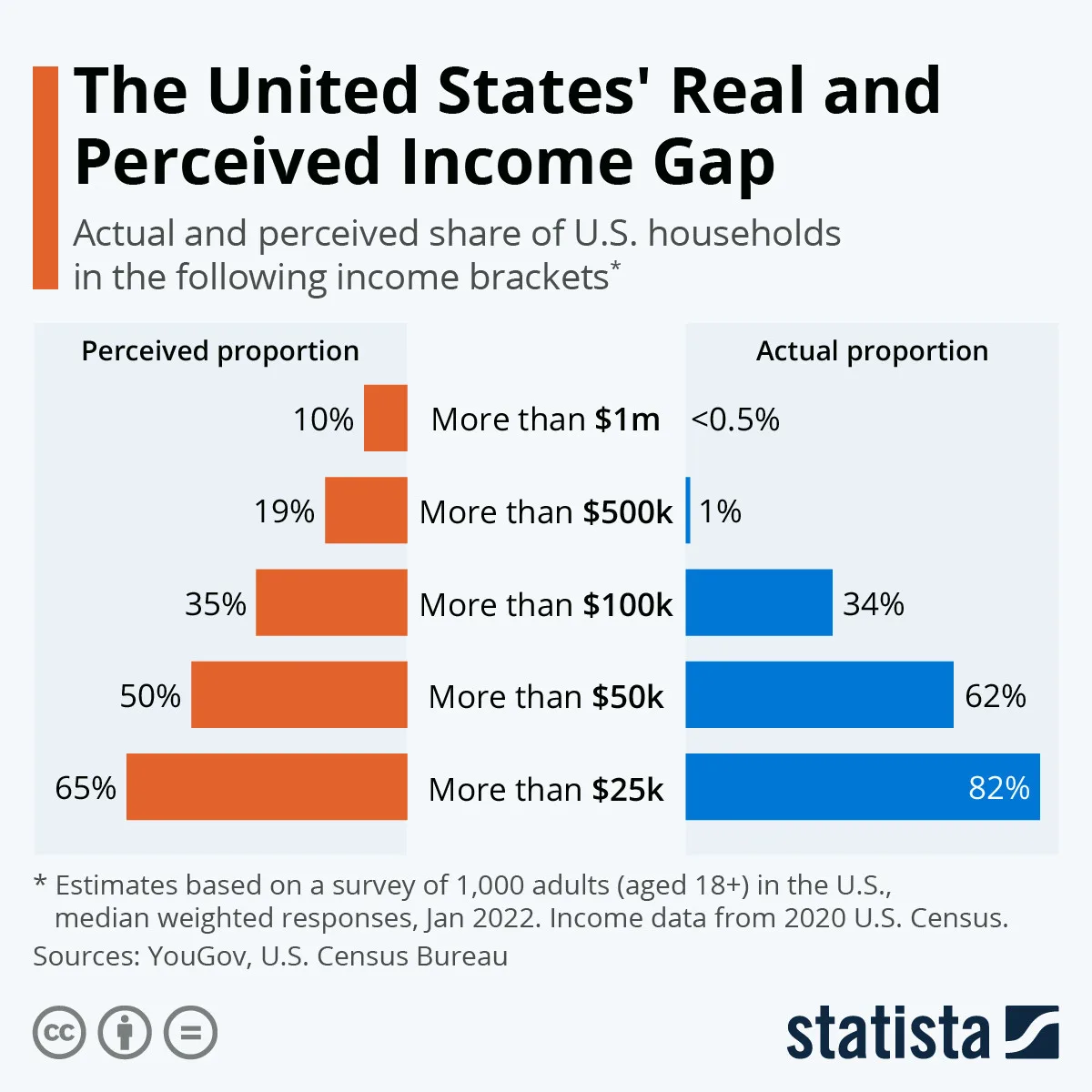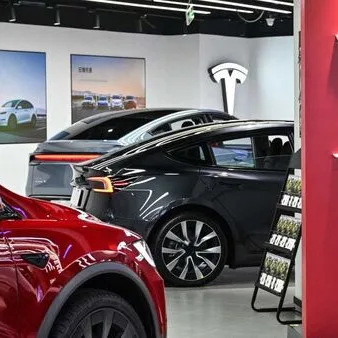On February 28, a nationwide economic boycott is set to take place across the United States dubbed the ‘Economic Blackout,’ spearheaded by an activist organization known as The People Union. This movement calls on consumers to refrain from spending money at major retailers and corporations as a protest against wage disparities and corporate greed. The initiative is expected to significantly impact sales for prominent chains in the U.S., as organizers urge participants to not purchase anything beyond essential items. The People Union emphasizes that this action is intended to raise awareness about the need for fair wages and improved labor conditions.
Richard Gomez, a spokesperson for The People Union, stated, “We want to send a clear message to corporations that consumers have the power to demand change.” The organization has organized a series of events leading up to the boycott, aiming to inform the public about the ramifications of unchecked corporate policies on workers’ rights.
Participants of the Economic Blackout will utilize social media platforms like Twitter and Instagram to share their experiences and solidarity with the movement, using the hashtags #EconomicBlackout and #FairWages. The planned boycott is expected to gather momentum as community leaders and local activist groups join forces, making their voices heard throughout the country.
Experts are predicting that this boycott could prompt a shift in corporate policy if it garners enough participation. Analysts note that recent movements focusing on labor rights have gained traction, suggesting that the Economic Blackout may serve as a pivotal moment for consumers and labor advocates alike.
In summary, the Economic Blackout on February 28 is not just a protest; it is a strategic maneuver aimed at galvanizing public sentiment against economic inequality and rallying consumers to hold corporate giants accountable for their financial practices.











